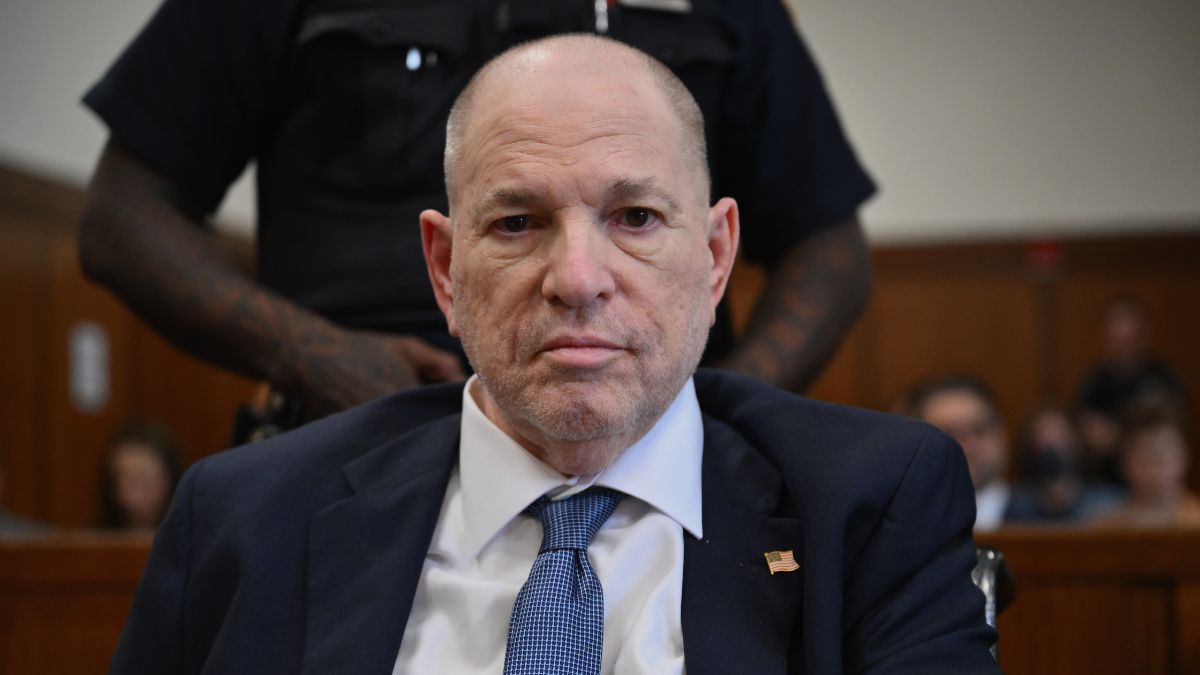
A mistrial has been declared in Harvey Weinstein’s retrial on sex crime charges, ending hopes for a final decision in a case that has come to represent the #MeToo movement. The sudden stop happened after the jury foreperson said they would not continue discussions, claiming they felt intimidated and threatened by another juror, per AP News.
This means the third and last charge, a rape accusation involving Jessica Mann, remains unresolved. The retrial, which happened after Weinstein’s original conviction was overturned, had already reached a partial verdict. The jury unanimously found Weinstein guilty on one charge of forced oral sex while clearing him of another, both related to accusations from 2006. This partial verdict came after the foreperson told the judge the jury had agreed on these two charges, but only after the judge asked for an update on their progress.
According to The Guardian, the jury could not agree on the third charge, a 2013 rape accusation made by Jessica Mann, a hairstylist and actor who had a documented consensual relationship with Weinstein after the alleged attack. This charge carries a lighter punishment under New York law compared to the others. However, this means the case is in limbo and Weinsten may go back to Rikers for now. The case may be tried again, but it could also mean that it’s thrown out and no justice is given for either side.
Harvey Weinstein’s mistrial means more time
The mistrial resulted from growing tensions among the jurors. Early signs of trouble appeared when one juror asked to leave, saying another juror was being treated unfairly. Later, the foreperson complained that some jurors were trying to force decisions and were talking about information not presented as evidence.
The situation worsened when the foreperson said another juror yelled at them, ending with a direct threat: “You’re going to see me outside.” The foreperson said they felt afraid inside the jury room.
Even though the judge tried to resolve the conflict, the foreperson refused to go back to discussions, leading to the mistrial being declared on the third charge. This leaves Mann, who gave detailed testimony about the alleged rape and her later consensual relationship with Weinstein, without a verdict. Through her lawyers, she said she is ready for a third trial if needed.
The partial verdict, while not a full win for the prosecution, brought mixed reactions. Miriam Haley, who Weinstein was convicted of assaulting in the partial verdict, said she felt hopeful. Kaja Sokola, whose case was not part of these charges but who had accused Weinstein in the past, also called it a victory despite his acquittal on another charge related to her. The mistrial leaves the future of the case uncertain. A third trial is possible, but it would bring major challenges.
